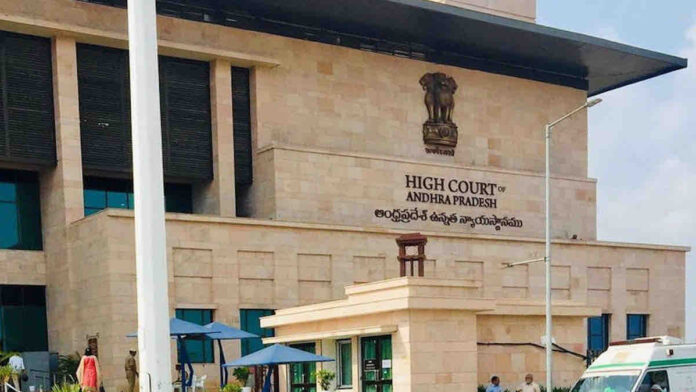The High Court of Andhra Pradesh recently granted bail to an individual accused under the Narcotic Drugs and Psychotropic Substances Act, 1985 (NDPS Act), holding that a violation of the fundamental right to be informed of the grounds of arrest, as enshrined in Article 22(1) of the Constitution of India, negates the stringent conditions for
To Read More Please Subscribe to VIP Membership for Unlimited Access to All the Articles, Download Available Copies of Judgments/Order, Acess to Central/State Bare Acts, Advertisement Free Content, Access to More than 4000 Legal Drafts( Readymade Editable Formats of Suits, Petitions, Writs, Legal Notices, Divorce Petitions, 138 Notices, Bail Applications etc.) in Hindi and English.




